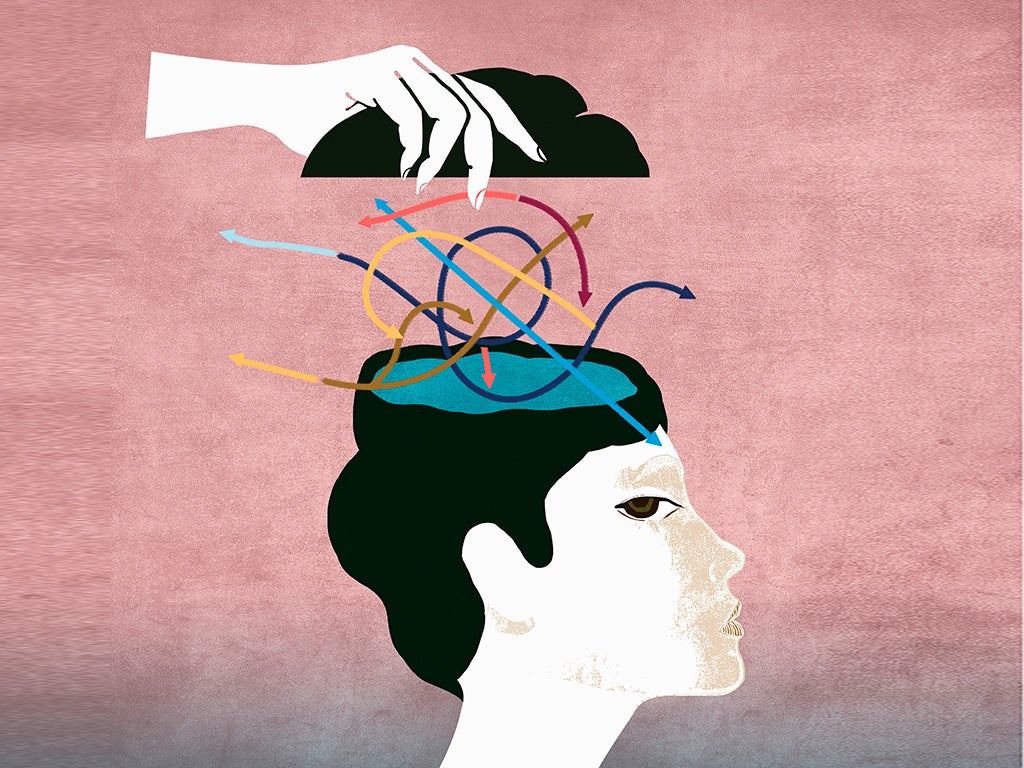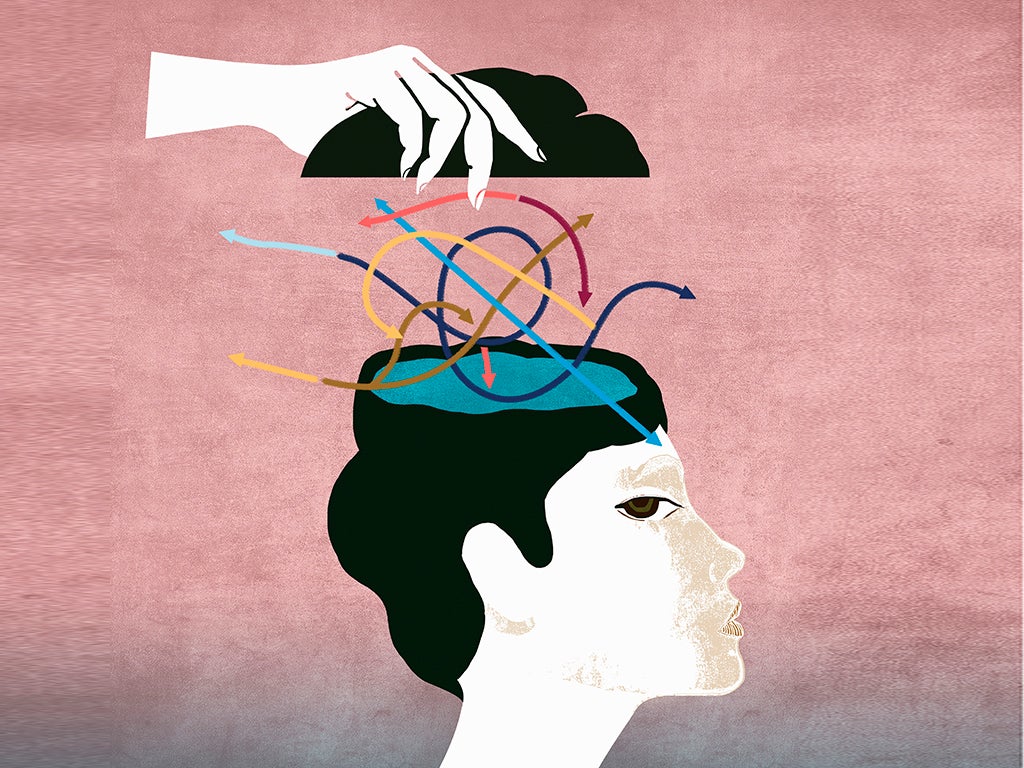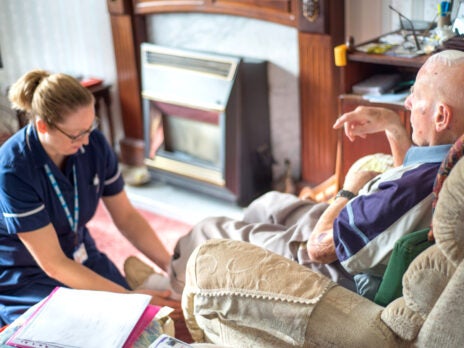
There is a lemon-coloured book burned into my memory – in part because of that acid colour, but largely due to the words on the cover: “ADHD Does Not Exist”. Ten years ago, when I was fast realising I had ADHD, this scepticism dominated any conversation about the condition. At best, acquaintances and family might concede that ADHD existed in a “maybe it’s real for you” way – much as you might humour a kooky friend who believed their house was haunted. I would bury my head in the books I couldn’t read, in frustrated response to the stream of tabloid articles by and about the book’s author, Richard Saul.
Today we find ourselves in the reverse position: it would appear that everyone has ADHD. When I tell people I have it, half will not only empathise, but also postulate a self-diagnosis. You might think this a welcome development, but to me it feels that the condition has been diluted into watery nothingness. Do you enter a room and forget what you had come in to get? Do you spend hours procrastinating? Then you, too, could have ADHD, according to innumerable ADHD YouTubers.
[See also: The great attention deficit: what’s behind the rise in adult ADHD?]
It feels taboo to say this, as I don’t want to be a gatekeeper – not least when I struggled to get a diagnosis myself. I know that, in part, more people are laying claim to ADHD because we simply weren’t aware of its existence before. I also know the prevalence of ADHD is not driven by addictive cat videos any more than being gay is prompted by liberal attitudes towards homosexuality. I don’t think I’m the only person who can wear this fashionable badge of victimhood. Of the hundreds of people who have told me they have undiagnosed ADHD, I cannot say who does or doesn’t.
But it seems improbable that all of them do. I don’t see other people going to my embarrassingly extreme lengths to stay afloat. Visitors chuckle at the checklists pinned to mirrors around my flat, or when I marvel at the 11,588 iPhone notes I have amassed over the last four years, all of them memos to self.
I used to struggle so much to make it to places on time that I made a commitment to donate to the American pro-gun lobby or anti-gay-marriage groups on the days I was late for work. (It works. Donating to charities like the World Wide Fund for Nature seemed stupid: cuddly koalas benefiting from my inadequacies was no incentive to change.)
I wonder whether people also self-diagnose after they have tried an ADHD medication – Ritalin or another “study drug” – and found it helped. It is a tempting inference, and yet it seems obvious that something that stimulates dopamine production in your brain would be useful for anyone (hence the black market for modafinil among students ).
ADHD medication didn’t just help me to do things better; it transfigured my brain, allowing it to do things it couldn’t before. Pre-medication, I found it impossible to read certain books; my working memory could not hold the first part of a sentence in my head, so the meaning collapsed by the time I got to the second half. Post-medication, I could process sentences. It was as if the glass pane on the patisserie window had been removed, and I could reach in, grasp and savour all the things I had once yearned for.
If I seem to be complaining, it is not because I want the number of diagnoses to go down. ADHD is under-diagnosed in Britain: according to the National Institute for Health and Care Excellence (Nice), 3 to 4 per cent of UK adults are thought to have it, while in 2018 the campaign group ADHD Action claimed formal diagnoses stood at around 0.2 per cent.
But I take issue with self-diagnoses, because they are often based on a minimal understanding of the condition. In some NHS trusts, people have been waiting seven years for a diagnosis; for so many people to claim that they, too, share the trauma of undiagnosed ADHD is a little like saying you have chronic fatigue because you are often tired, or that you are gay because you once kissed another woman on a night out in Sheffield in 2003. Worst of all, it provides fodder for contrarians like Richard Saul. Because if everyone has ADHD, then no one does.
[See also: I’m a grown woman who can’t stop listening to Disney songs. How did I get here?]











